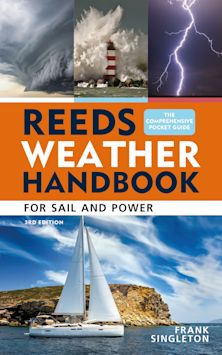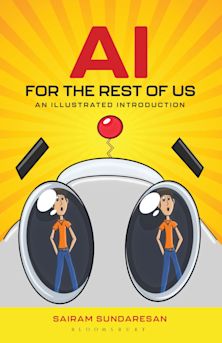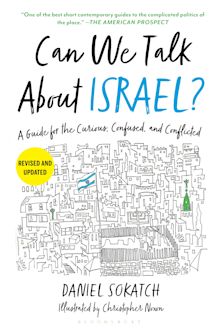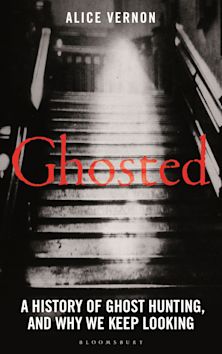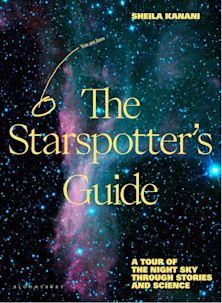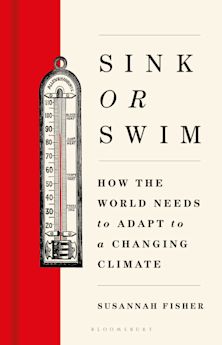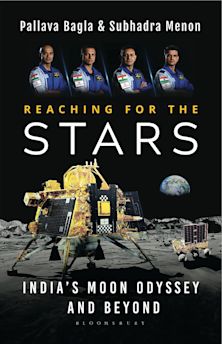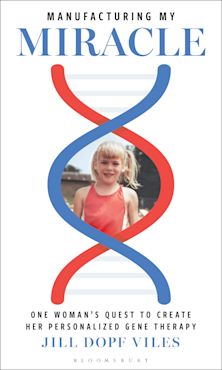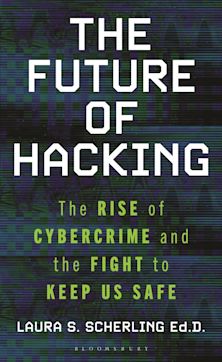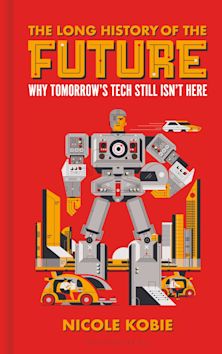- Home
- NON-FICTION
- Popular Science
- Sustainable Energy - without the hot air
Sustainable Energy - without the hot air
You must sign in to add this item to your wishlist. Please sign in or create an account
Description
The enlightening, best-selling book on understanding sustainable energy and how we can make energy plans that add up.
If you've ever wondered how much energy we use, and where it comes from – and where it could come from – but are fed up with all the hot air and 'greenwash', this is the book for you. Renewable resources are 'huge', but our energy consumption is also 'huge'. To compare 'huge' things with each other, we need numbers, not adjectives.
Sustainable Energy – without the hot air addresses the energy crisis objectively, cutting through all the contradictory statements from the media, government, and lobbies of all sides. It gives you the numbers and the facts you need, in bite-sized chunks, so you can understand the issues yourself and organises a plan for change on both a personal level and an international scale – for Europe, the United States, and the world. In case study format, this informative book also answers questions surrounding nuclear energy, the potential of sustainable fossil fuels, and the possibilities of sharing renewable power with foreign countries.
Written by David MacKay, who was an esteemed Professor of Engineering at the University of Cambridge and Chief Scientific Advisor to the UK Department of Climate Change, this is an uplifting, jargon-free and informative read for all. In it, David debunks misinformation and clearly explains the calculations of expenditure per person to encourage people to make individual changes that will benefit the world at large.
If you've thrown your hands up in despair thinking no solution is possible, then read this book - it's an honest, realistic, and humorous discussion of all our energy options.
Table of Contents
Motivations
The balance sheet
Cars
Wind
Planes
Solar
Heating and cooling
Hydroelectricity
Light
Offshore wind
Gadgets
Wave
Food and farming
Tide
Stuff
Geothermal
Public services
Can we live on renewables?
Part II - Making a difference
Every BIG helps
Better transport
Smarter heating
Efficient electricity use
Sustainable fossil fuels?
Nuclear?
Living on other countries' renewables?
Fluctuations and storage
Five energy plans for Britain
Putting costs in perspective
What to do now
Energy plans for Europe, America, and the World
The last thing we should talk about
Saying yes
Acknowledgments
Part III - Technical chapters
Cars II
Wind II
Planes II
Solar II
Heating II
Waves II
Tide II
Stuff II
Part IV - Useful data
Quick reference
Populations and areas
UK energy history
List of web links
Bibliography
Index
About the author
Product details
| Published | 01 Jan 2009 |
|---|---|
| Format | Paperback |
| Edition | 1st |
| Extent | 384 |
| ISBN | 9780954452933 |
| Imprint | UIT Cambridge Ltd. |
| Illustrations | Hundreds of colour photos, graphs and diagrams |
| Dimensions | 0 x 0 mm |
| Series | without the hot air |
| Publisher | Bloomsbury Publishing |
About the contributors
Reviews
-
For anyone with influence on energy policy, whether in government, business or a campaign group, this book should be compulsory reading.
Tony Juniper (Former Executive Director, Friends of the Earth)
-
At last a book that comprehensively reveals the true facts about sustainable energy in a form that is both highly readable and entertaining.
Robert Sansom (EDF Energy)
-
MacKay brings a welcome dose of common sense into the discussion of energy sources and use. Fresh air replacing hot air.
Prof Mike Ashby Royal Society Research Professor at Cambridge University
-
This year's must-read book about tackling our future energy needs.
The Guardian
-
... may be the best technical book about the environment that I've ever read. This is to energy and climate what Freakonomics is to economics.
Cory Doctorow, Boing Boing
-
The book is a tour de force ... As a work of popular science it is exemplary ... For anyone seeking a deeper understanding of the real problems involved [it] is the place to start.
The Economist












